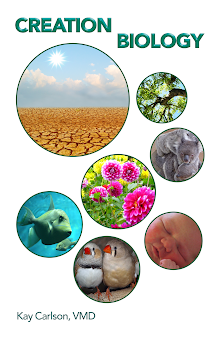Various groups of peoples lived in the Americas from the times before Christ. The Olmecs were developing calendars and language in Mexico. They were polytheistic, worshiping, for example, gods of sun and rain. [i]
 Ancient Greeks worked on understanding nature. Pythagoras (circa 582-507 BC) wove ideas about mathematics and philosophy. Around 500 BC, “atomists” believed in tiny building blocks for the structure of nature. Around that time Anaxagoras, himself an atomist, thought a cosmic “Mind” had intervened to bring order from chaos, thereby perhaps anticipating Intelligent Design Theory (image retrieved from Wikipedia Sept. 2008 s.v. Anaxagoras).
Ancient Greeks worked on understanding nature. Pythagoras (circa 582-507 BC) wove ideas about mathematics and philosophy. Around 500 BC, “atomists” believed in tiny building blocks for the structure of nature. Around that time Anaxagoras, himself an atomist, thought a cosmic “Mind” had intervened to bring order from chaos, thereby perhaps anticipating Intelligent Design Theory (image retrieved from Wikipedia Sept. 2008 s.v. Anaxagoras).One of the greatest philosophers, Aristotle, was born in 384 BC. He believed in a God who sustained an infinite universe, with the Earth in the center. He thought God had little to do personally with human beings. Aristotle classified nature as he observed it and developed formal logic.
The theory that the Earth was the center of the universe, therefore, was not just from the Bible. In ancient times, philosophy, science and theology were intertwined in various forms. Philosophy literally meant a “pursuit of wisdom” which in that day included knowledge of the natural world.
To be continued.
[i] World Book Encyclopedia, 2006 ed., s.v. “Mexico.”






No comments:
Post a Comment
Comments are moderated. You do not have to agree, but please be civil. Thanks for your interest.